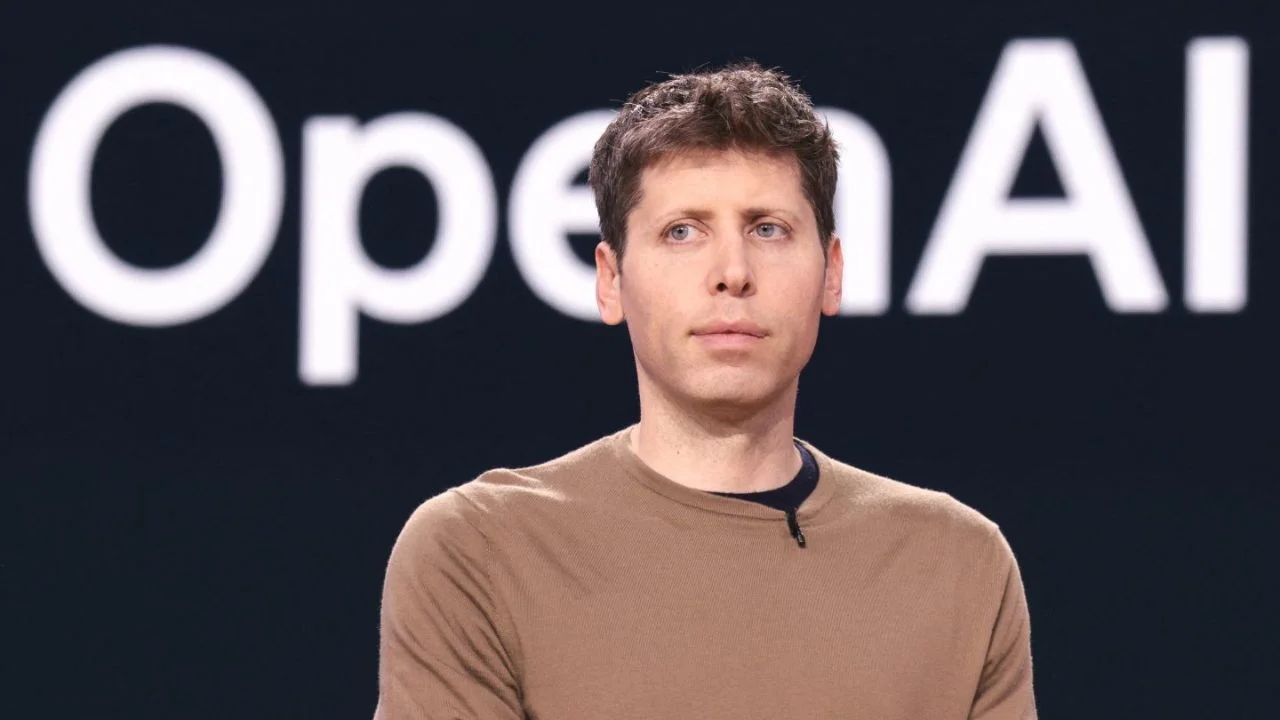
Imagine having access to a personalized virtual tutor tailored specifically to your child’s learning needs—available at any time, in any subject, and at any pace. According to Sam Altman, the visionary CEO behind ChatGPT, this is not a distant dream but an imminent reality.
In his recent blog post, Altman explores the profound potential of superintelligent AI and its impact on education. As we stand on the cusp of what he calls the “Intelligence Age,” he forecasts a significant shift in how we learn, work, and think.
Altman confidently asserts that recent advancements in AI are ushering in an era of “unprecedented prosperity and progress.” He believes that, to truly prepare the next generation, our educational systems must undergo a complete transformation.
One of his most compelling predictions is the democratization of personalized education. He envisions a future where students will have access to virtual tutors capable of providing individualized instruction in any subject, in any language, and at a pace tailored to each learner’s unique needs. Today, such personalized education is often a privilege reserved for a select few. However, Altman sees this becoming a universal standard.
Picture students working alongside a team of AI experts—each specialized in different areas—collaborating to create a customized learning experience. Altman suggests, “In the near future, we could each have a personal AI team, full of virtual experts, working together to build almost anything we can imagine.”
This innovation holds the promise of not only individualized learning but also bridging educational gaps, offering equal access to high-quality education, regardless of a student’s location or socioeconomic status.
But AI’s role in education doesn’t stop at supporting existing learning methods. Altman believes that superintelligent AI will enable students and educators to create entirely new knowledge.
As he puts it, “AI will give people the tools to solve complex problems and allow us to add new layers to the foundation of human knowledge—layers we couldn’t have discovered on our own.”
This shift could radically transform how we approach education. Instead of focusing on rote memorization and exam preparation, education could evolve to emphasize critical thinking, problem-solving, and creativity. Students might collaborate with AI to tackle real-world challenges, contributing to scientific advancements and technological innovations as part of their learning process.
Along with the promises of AI, Altman also warns of its impact on the workforce. He predicts significant disruptions in the labor market, both positive and negative, within the coming years.
As automation and AI reshape industries, the skills required for future jobs will shift dramatically. Adaptability, creative thinking, and a commitment to lifelong learning may become more valuable than traditional job-specific knowledge. Altman advocates for preparing the next generation with entrepreneurial and innovation-driven skills to navigate this rapidly changing job market.
While Altman’s predictions are inspiring, some question the motivations behind them. His claim that superintelligence could be achieved within “a few thousand days” has sparked both excitement and skepticism.
Altman has a history of hinting at major breakthroughs ahead of their official announcements. His recent teaser of a strawberry meme, which preceded the release of GPT-01 (code-named Strawberry), is a prime example. Could his blog post be a subtle signal that OpenAI is on the verge of achieving superintelligence?
It’s also worth noting that OpenAI is currently seeking $6.5 billion in funding, which may lead some to view Altman’s bold statements as a strategic move to generate investor excitement. However, with OpenAI’s remarkable track record, it’s equally plausible that Altman is simply sharing his genuine belief in AI’s trajectory.
Regardless of his motivations, Altman’s insights underscore the rapid pace at which AI is advancing, prompting society to reflect on the profound changes these technologies will bring.
Altman’s vision serves as a powerful call to action. To ensure that these technological advancements benefit everyone, we must take several key steps:
With a thoughtful, strategic approach, we can ensure that the future Altman envisions fosters shared prosperity and opportunity for learners worldwide. As he concludes, “With these new capabilities, we can achieve shared prosperity at levels we can hardly imagine today.”
By reimagining education through the lens of AI, Sam Altman’s predictions offer a compelling glimpse into a future where learning is more personalized, innovative, and equitable than ever before. The question now is: are we ready to embrace it?
Subscribe and get 3 of our most templates and see the difference they make in your productivity.
Includes: Task Manager, Goal Tracker & AI Prompt Starter Pack
We respect your privacy. No spam, unsubscribe anytime.